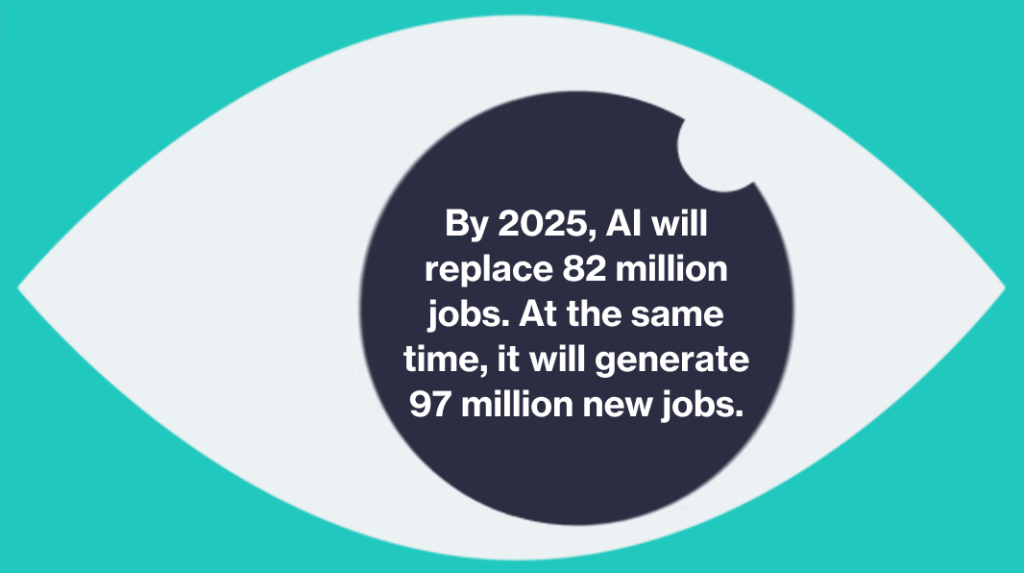Data analysis has long been a cornerstone of optimizing business processes and improving customer experiences. Historically, it has relied heavily on quantitative data, tracking user behavior and calculating percentages at each step of the customer journey. This approach has enabled companies to refine their funnels and achieve their goals. However, with the advancement of AI technology, particularly in the field of Natural Language Processing (NLP), a new channel of data analysis has emerged – qualitative data analysis.
NLP technology empowers data analysts to efficiently sift through vast amounts of textual data, making it easily accessible and actionable. In today’s business landscape, companies interact with customers through numerous touchpoints such as review websites, social media platforms, community pages, live chat, support tickets, and direct emails. The sheer volume of textual data generated from these sources can overwhelm organizations, leading to a reactive approach that focuses solely on responding to customer inquiries rather than leveraging this data for valuable customer intelligence and analysis.
NLP technology presents a transformative opportunity to change the narrative surrounding this untapped resource. By integrating qualitative data analysis into their existing business intelligence tactics, companies can augment their understanding of customers. While quantitative data reveals customer behavior, qualitative data unveils customer thoughts and sentiment. This holistic view elevates the level of business and customer intelligence achieved, paving the way for enhanced decision-making.
Enter Tagado, the most advanced AI text analytics platform for customer feedback, designed specifically to address this need for qualitative data analysis. Tagado’s platform equips data analyst teams with a comprehensive understanding of their customers. While quantitative data provides behavioral insights, qualitative data uncovers customer sentiments, enabling analysts to generate reports, conduct research, and make action recommendations like never before.
Here are a few key features of Tagado that can revolutionize the work of data analysts:
- Numerous sources integrations: Tagado seamlessly integrates with major channels of customer feedback within a company, providing a centralized location to monitor and analyze overall activity. This holistic perspective allows analysts to gain a comprehensive understanding of customer sentiments and behaviors.
- Unified tagging and classification: Leveraging NLP models and machine learning algorithms, Tagado automatically tags and classifies textual data, making it easily accessible and navigable. Analysts can effortlessly explore and extract valuable insights from the data, enhancing efficiency and effectiveness.
- Real-time trends recognition and alerts: Tagado’s platform employs real-time analytics to automatically identify customer feedback trends and alerts based on specific insights. This empowers data analysts to proactively address emerging issues and capitalize on opportunities swiftly.
- Advanced AI prompt: With Tagado’s Open question feature, analysts can pose direct questions to the entire customer base, obtaining a collective response. The platform presents the responses in an “insights view,” breaking down identified issues and making it easier to take action, monitor progress, and share relevant information with stakeholders.
- Monitoring over time: Tagado enables analysts to monitor identified issues manually or automatically, observing their behavior over time. Moreover, the platform enables tracking the dates of specific events or actions applied and following up on their influence, this way, analysts can measure the effect of these actions on the customer’s feedback, facilitating informed decision-making and long-term issue resolution.
- Customer meta-data integration: Tagado’s platform goes beyond text analytics by offering advanced filtering options that allow companies to seamlessly integrate additional customer data. Analysts can easily filter and segment the data based on various customer parameters, such as customer tier, location, tenure, lifetime value, and more. This integration of customer meta-data enhances the depth and precision of data analysis, enabling analysts to derive valuable insights tailored to specific customer segments.
In conclusion, the evolution of AI technology, particularly NLP, presents an opportunity to integrate qualitative data analysis into the realm of business intelligence. The future of analysis lies in combining quantitative and qualitative data, setting new standards for the analytics industry. Tagado stands as a pioneering platform in this journey toward enhanced business intelligence. Embrace this new frontier of data analysis and unlock the potential of qualitative insights to propel your company to the next level. Explore Tagado’s capabilities and harness the power of data like never before.





